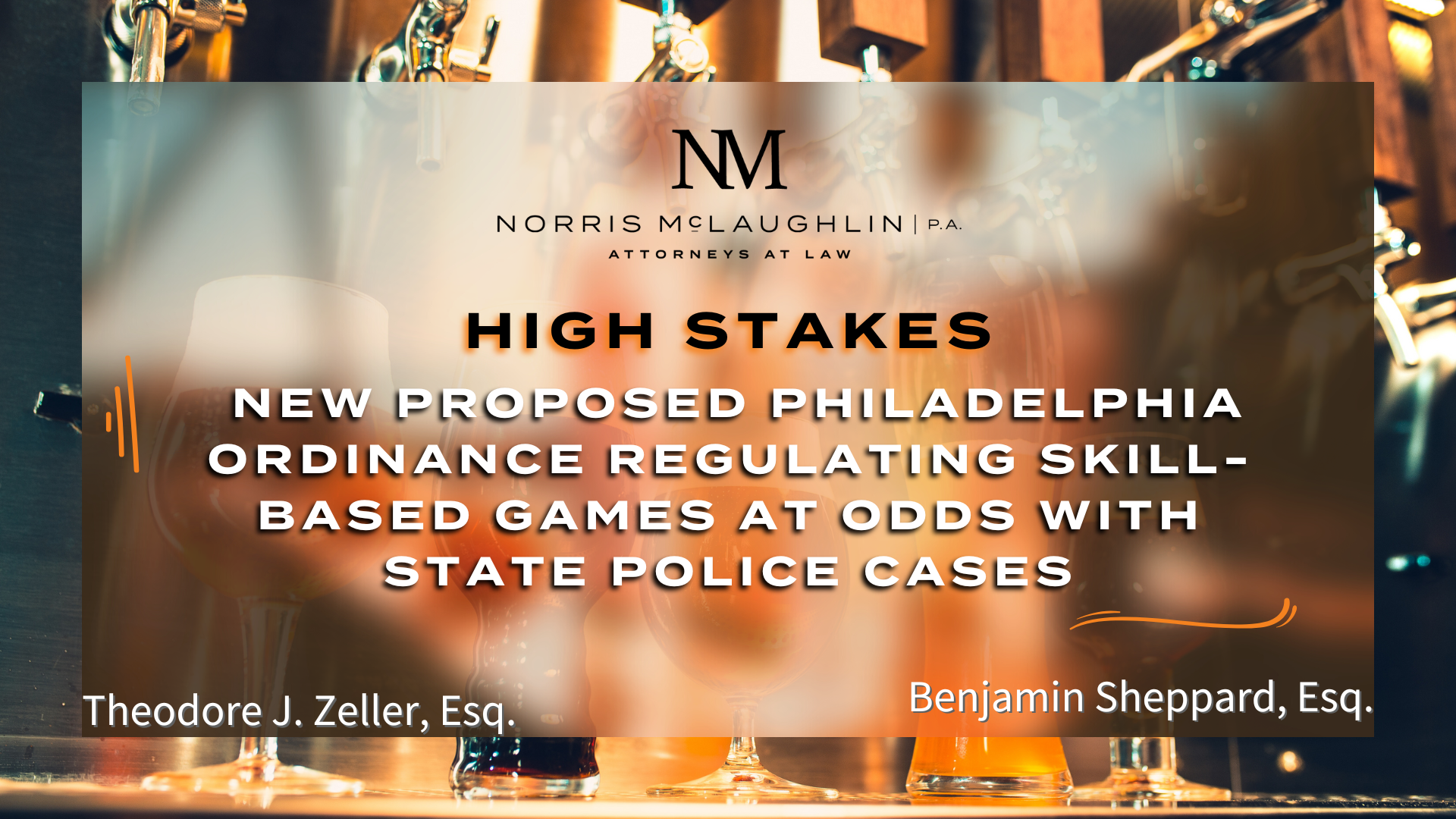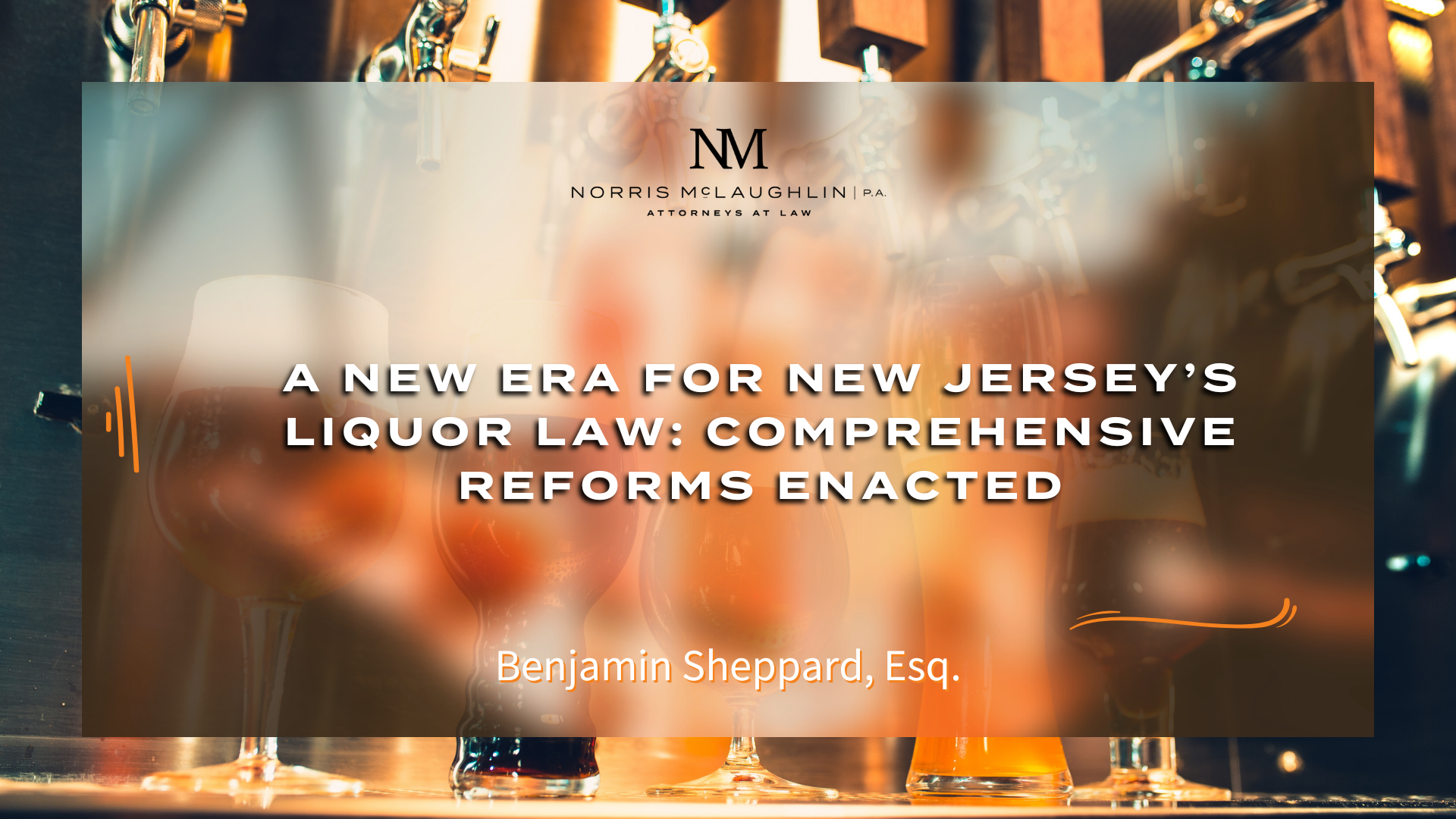Pennsylvania Zombie Liquor License Auction: Keys to Making a Successful Bid

The Pa.L.C.B. recently completed the second phase of the zombie liquor license auction, which was established under Act 39 of 2016 and discussed in previous blog posts here and here. The second phase, like the first, saw a great price disparity among licenses throughout the Commonwealth. This is natural because liquor license prices vary by county, but this auction saw some licenses go for well below market value and some for well above. Although the Pa.L.C.B. has not announced the third phase of the zombie license auction, we want to address the keys to making a successful bid in the future.
We were able to successfully bid and secure two licenses for clients in the second phase of the zombie license auction, acquiring two licenses that were 20%-30% below the current market value for the respective counties where the zombie licenses are located. However, we saw numerous successful bidders pay 30%-40% more than the current market value for licenses in the respective counties; these were larger corporations that seemed to acquire licenses regardless of the cost. The zombie license auctions are a closed bid process, with no specific formula or method to determine the proper price. Frankly, a little bit of luck is involved, because none of the bidders know who is bidding and/or how much they are bidding. Moreover, when placing a bid, the bidder affirms that it did not speak with any other bidders about pricing for the specific license it is bidding on.
One thing is certain. Based on the current market price of liquor licenses in a certain county (i.e., recent sales or listings for similarly situated licenses) you can determine what a reasonable bid price should be. This is important because, if there are licenses on the market with a lower asking price than what you initially bid, obviously you are likely to overpay if you win. In determining bid pricing, we diligently researched the market value for licenses in the same county as the zombie license we were bidding on. We were also aware of the licenses available for sale and the length of time in which those licenses had been in the market. If licenses are not moving in a particular county, it stands to reason there could be some value in the zombie auction. You must be aware of changing market conditions after placing the bid, because the Pa.L.C.B. has established a bid withdrawal mechanism, that is beneficial if a license becomes available at less than the bid price you submitted.
The zombie license auctions have been a boon for the grocery and convenience stores in Pennsylvania that have successfully bid, and sometimes overpaid, for licenses in the auctions. However, there is still plenty of room for individuals or smaller entities to enter bids and secure licenses well below the market value at the time of the auction. We look forward to the Pa.L.C.B. announcing the third phase of the zombie license auctions, and helping clients to analyze pricing to successfully acquire a license below the market value at the time of the auction.
For information regarding national and state liquor law matters or general manufacturing and distribution advice, please contact our Liquor Law, Licensing, Manufacturing, and Distribution Practice Group: Liquor Law Department Chair Theodore J. Zeller III, Esquire (tzeller@norris-law.com); David C. Berger, Esquire (dberger@norris-law.com) for Pennsylvania and New Jersey retail and manufacturing licensing; or contact our offices at 610-391-1800.




